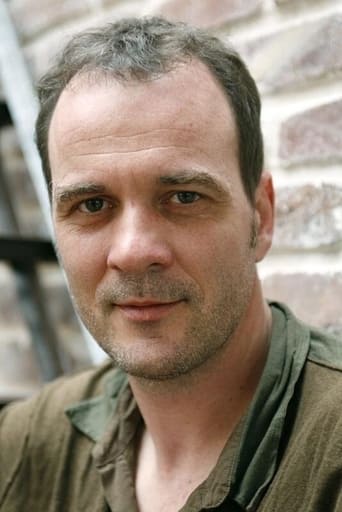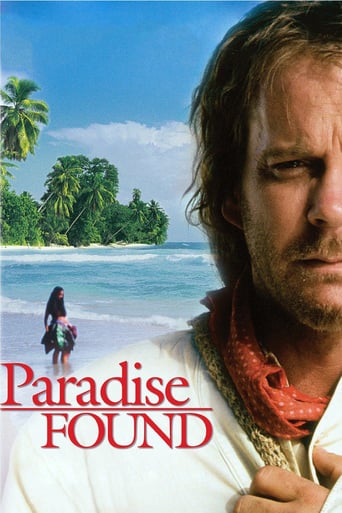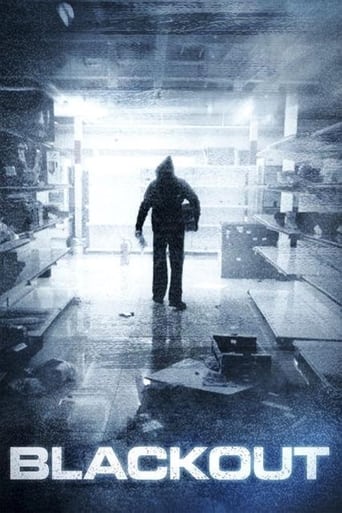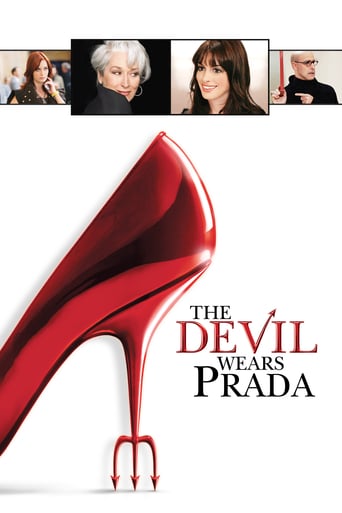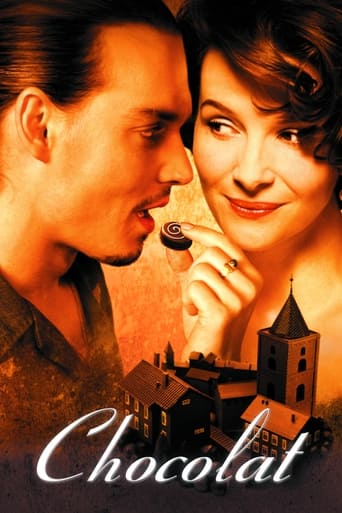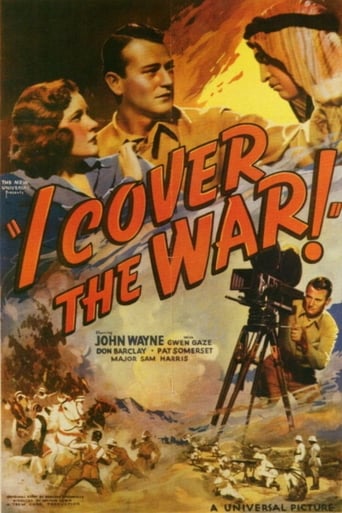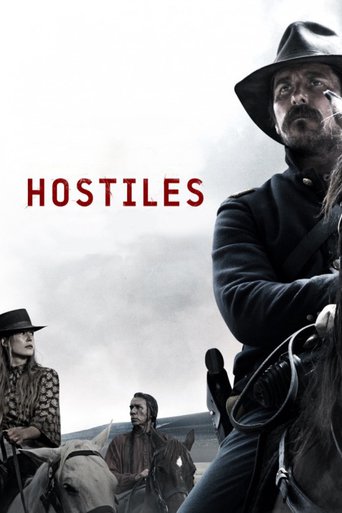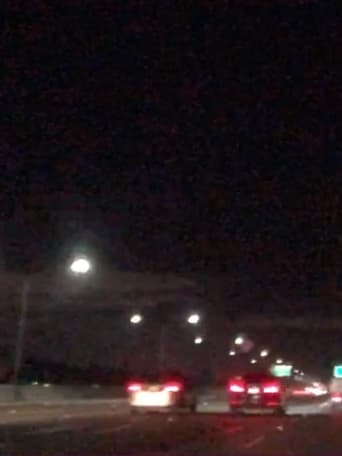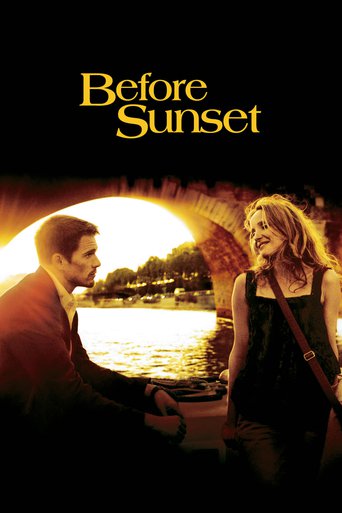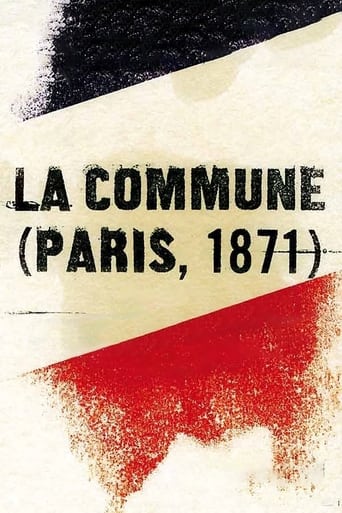

La Commune (Paris, 1871) (2003)
We are in the year 1871. A journalist for Versailles Television broadcasts a soothing and official view of events while a Commune television is set up to provide the perspectives of the Paris rebels. On a stage-like set, more than 200 actors interpret characters of the Commune, especially the Popincourt neighborhood in the XIth arrondissement. They voice their thoughts and feelings concerning the social and political reforms.
Watch Trailer
Cast


Similar titles
Reviews
Overrated and overhyped
everything you have heard about this movie is true.
It's an amazing and heartbreaking story.
It's funny, it's tense, it features two great performances from two actors and the director expertly creates a web of odd tension where you actually don't know what is happening for the majority of the run time.
This is a pretty exhilarating idea. Take a period in history where its all about collective points of view. In other words, select a time where the movies chosen by groups clash. Its better if it a time before movies and in a place that believes they know something about movies.Introduce it as a movie, with interviews first with actors and then with characters. Then, action (with characters glancing at the camera), but wait.Soon we see that inside the movie, we will see reporting by a TeeVee news crew. This is displayed in two forms within the film.. We see the news broadcast and the Parisans watching it.They are of course biased in favor of the royalist government. So just as the rabble revolt against the government, we have an alternative TeeVee crew enlisted, who also go around interviewing the crowd as well, all obviously amateur actors, not starving, not sick, toothless and in pain.We are introduced to characters who introduce themselves as fictional characters. We see the two TeeVee reporters take on the character of the events we see, and get blamed for the whole thing, history writing itself. It is the only example I know of this particular type of fold, where our notion of history as retrospective watching is folded into on-screen watchers.But at so many hours, its a long slog because there is some conflating of French history with French film history, and its just not as profound as they suppose.Ted's Evaluation -- 2 of 3: Has some interesting elements.
I am trying to remember when I first heard about this film. I think in Frech periodicals when an anniversary of the Commune took place. Latter there was mention of Peter Watkins in a French cinematic magazine- I think Cahiers du Cinema- which I saw and failed to buy. Finally I ordered the film from the organization that Peter Watkins has set up for the promotion of the film, Rebonde pour la Commune. Reflecting on another viewers comment they were not very commercially minded as Harry Potter for example.But the movie was worth it. It is absolutely of the beaten track. Although the events are known to anyone even relatively familiar with modern French history the rendering of the events by the filmmaker is based on two supremely ingenious innovations-one, the idea of transplanting audiovisual journalism in the 19th century- the device of introducing an official TV channel backing the government line and also two young journalists with microphones speaking and interviewing the Communards while the revolution was happening.Two,the idea of making the actors relate their cinematic experience as revolutionary actors with the present political conjecture.Those two ideas were very impressive although the second destroys the momentary suspension of disbelief on which every spectacle is based but that device of exposing the illusory character of a public spectacle has been known since the time of Aristophanes. I do not find it personally the most preferable but I think in such a movie it has a place. As for the idea of introducing modern media in the 19th century visual narrative, I found it brilliant since displayed the ability of modern propaganda devices in a earlier historical setting.The propaganda powers of the moving visual image is something historically unequaled- one can not compare its power with the pictures of biblical themes in the interiors of medieval churches or with the suggestion created by statues and temples in antiquity-Augustan Rome for example.Modern historians of the Commune have as sources the written word, the press and photographs that existed then and were used by the police to identify suspects. But film is another story-I can not remember if Watkins cites his sources but the movie follows a factual rendering of the Commune day by day and this is how it is structured with the emissions of the media used as interludes. An admirable achievement. P.S. I can not but observe the difference between this movie and the film about Marie-Antoinette. Of course the perspective was different since the film about the Queen was pro-royalist while the film about the Commune was pro-revolutionary but many other differences existed. The film of Watkins was based on the assumption that history is made by the masses whose action he tried to portray while Coppola's film was based on the assumption that history is made b personalities- by members of the ruling elites, since crowds- not smart crowds- but real crowds appear only once in Coppla's movie and then only in terrifying and then malleable fashion.I can not imagine a more fundamental difference of rendering events related to two of the major French Revolutions- a tribute to the richness of life and art that seeks to portray it.
I must admit, the first thing that caught my attention in the programme of Arsenal Movie Theatre was the length of the film - 345 min. I was intrigued and looked it up on the internet, starting with imdb, and became even more intrigued. So I saw the movie yesterday.And I didn't regret it at all. (Although I had to struggle through German subtitles for the shorter German version of 300 min. The announced full one with English subtitles was stuck somewhere in Paris.)It is probably one of the most unusual movies I've ever seen. It is even not really a movie, at least in the standard understanding of it (let alone the length of the thing). It is obviously a mind game, but a mind game so fine and intellectual, as well as passionate, thrilling and challenging, that it somehow makes you feel deeply involved in it emotionally, not forgetting for a single moment that it is a game and the whole idea is completely absurd.Indeed, what can be more absurd than watching "breaking news" about Paris Commune of 1871, like we were all watching tv on 9.11 or when the war in Iraq was about to begin. "Versailles TV", "Commune TV". Journalists asking "What do you feel now? What hopes do you have now for the future of The Commune?". But all staged, actors sometimes telling the camera about the roles they are playing. Or discussing whether The Commune could have had future, or Russian revolution was successful despite Kronstadt uprising. The shocking thing is that it feels real. Even though you perfectly understand that it can't. He's using the media and our perception of the media (which makes us question to what an extent can our senses be manipulated) as a frame for all the events happening and in a way alters our perception of history and of history happening now.I'm still digesting the movie, it raises a lot of question and makes you think a lot. But I'm happy to know that Arsenal is planning Peter Watkins's retrospective. So Berliners will have a unique chance to see his other works. Which I'm looking forward to.
Once again, the National Gallery of Art film program has brought us another film we are unlikely to see at any other theater. This is an uneven but ultimately fascinating look at a relatively unknown period in French history, the 1871 Communard revolution in Paris right after the Franco-Prussian War. The filmmaker uses non-professional actors who were also allowed to be co-producers and to write their own lines to some extent. It is shot in black and white and on Beta Digital tape. The film technique reminds me of an old TV program from the 1950s' called "You Are There" in which today's media looks back on history and even interviews the participants in the historical drama.The film is very slow going which gives the viewer a total feeling of both being there right in the action on a day to day basis while looking down on it from afar. We live the everyday life of the people in Paris during this short period of 2 1/2 months. At some points, the actors stop the action and comment on their involvement in the making of the very film they are in. Also, they and the filmmaker comment on globalization and peoples' rights in today's world. History is brought forth into our present time and we see that all events in human history are more alike than they are different. This film is not for the average movie-goer. It is for a small audience of patient students of history and politics. It fascinated me but also tried that patience quite often. I would recommend not attempting to view this film without being well rested. It is in two parts of three hours each. Frankly, the filmmaker could have cut this down and still had a powerful history lesson for all of us.


